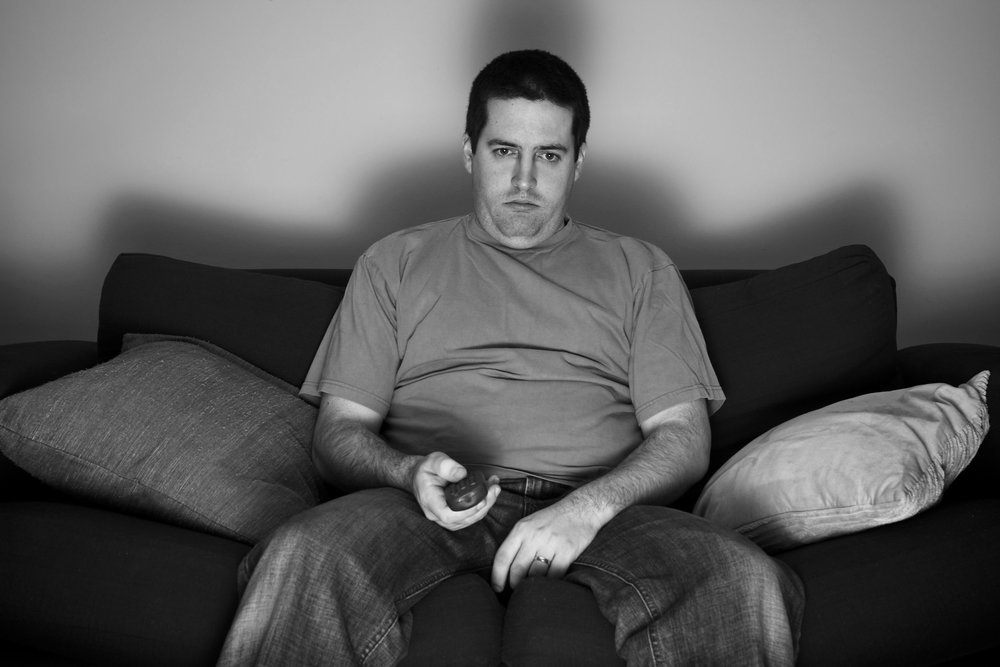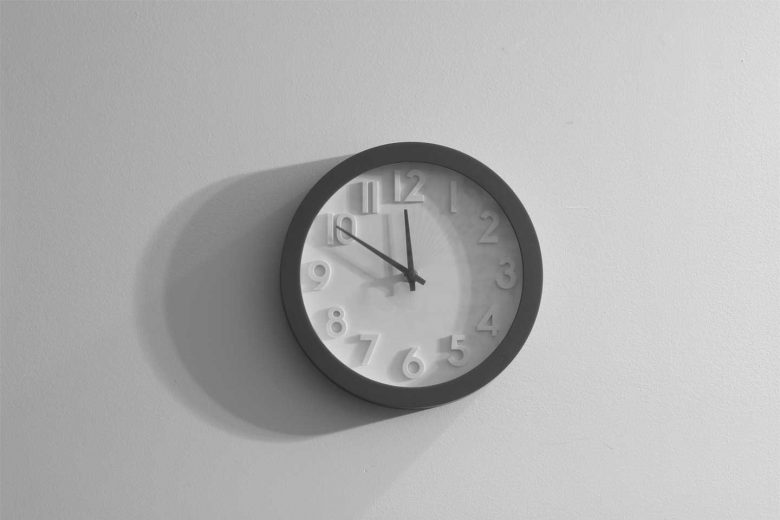As unhappy people (like everyone else), we often think that our unhappiness is caused by some circumstance in life. Yes, this is true, but most of the unhappiness we experience stems from our own thoughts, behaviors and habits. These habits make you more likely to feel sad, depressed, or anxious.
Here are those habits that, according to science, have turned into dangers for unhappy people:
1) They have a sedentary lifestyle.

A sedentary lifestyle is a lifestyle with or without irregular physical activity. In other words, it is a life without regular movement and is generally seen in people living in big metropolises. Scientific research reveals that there is a deep connection between mental health and physical activity. The results of this study, conducted on a group of 6909 adults over 10 years, showed that when physical activity increased, mental health improved over time. The more physically active you are, the faster you will realize that you are healing spiritually.
2) They are weak in terms of socialization.

Socializing becomes increasingly difficult when we feel unhappy. But avoiding people can lead to more unhappiness. A scientific study has proven that social isolation poses health risks. Living alone, having a small social network, and rarely participating in social activities are associated with lower mood.
3) They harbor grudges and enmity.

Unhappy people are often hostile. A scientific study here was conducted with 171 participants, using a 4-stage hostility criterion. The results show that hostility is a predictor of social coercion. It was concluded that this social coercion increased the hostile mood.
4) They are pessimists.

According to another study here , extreme pessimism makes people unhappy. When a person is in a pessimistic mood, he forgets the positive aspects of this pessimism and the negative aspects affect his life more. Moreover, pessimistic and pessimistic people easily give up when faced with obstacles on the way to the desired goal. According to the same study, pessimistic thoughts can also lead to depression and suicide. Suicide attempts reflect the pessimistic situation and extreme despair. The research concluded that a pessimistic thought involves a significant amount of fear, anxiety and stress.
5) They hang on to negative memories too much.

According to this scientific article, our emotions and memory can improve through a reciprocal feedback loop. This means that our mood determines the memories we remember and these memories will affect your mood. The only way to repair the emotion memory cycle is to remember something happy. It will then result in mood repair, which will lead to a more positive emotional state.
6) They do not consume nutritious food.

This research examined the possible therapeutic effect of dietary changes on depression and found that anxiety and depression were associated with a lack of nutritious foods. During the experiment, the participants were offered an intervention in the form of nutritional counseling. The results showed that dietary improvements could be used to manage depression.
7) They care about material things.

According to a scientific study , those who are materialistic are more likely to be unhappy. In this study, the relationship between materialism and life satisfaction was tested. Those who were materialists stated that “it is difficult to be grateful”, which makes them unhappy.
Related Content: Why You Should Spend Money on Experience Instead of Buying
8) They don’t know how to deal with it.

Research has been done on optimism and its impact on mental and physical well-being. It has been found that being optimistic is a great way to deal with life’s problems. Optimism has successfully eliminated or reduced stressors. On the other hand, unhappy people tend to ignore, avoid, or distance themselves in stress. And these negative coping strategies often worsen their quality of life.
9) They consume too much alcohol.

This scientific article states that there is a strong link between alcohol abuse and unhappiness. Another study confirmed this conclusion by finding that adolescents who are depressed, withdrawn, or anxious are more likely to have alcohol problems.
10) They complain a lot.

According to another scientific article here , the complaint manifests itself in various ways. The so-called first-type chronic complainants are those who are never satisfied. The second type of complainants are called “venting”. This is a well-known expression of emotional dissatisfaction. However, the downside to complaining is that it can make people unhappy without listening.
Related Content: Three Minutes Conversation That Shows How Insignificant Everything You Complained Really Is
11) They overthink things.

Scientific research says that Overthinking can lead to unhappiness. It also highlights that it can increase your risk of mental health problems such as anxiety and depression. What’s dangerous is that it’s a hard habit to break. It harms your mental health. When your mental health declines, Overthinking increases.
12) They procrastinate too much.

Over the last 20 years, this behavior has received empirical attention. However, it is a fact that it makes people seriously unhappy. Psychologist Eric Jaffe , in his article here , says that not being able to manage emotions is the reason for procrastination. When this approach reaches serious proportions, it results in anxiety , guilt, shame and unhappiness.
Related Content: What is the Solution to Living Life Without Postponing?
13) They judge others.

According to another scientific study , how positive you see others is related to how happy you are. So your perceptions of others reveal a lot about your own personality. For this research, participants were asked to rate the positive and negative traits of three people. From the data collected, important information about the evaluator’s well-being, mental health, social attitudes, and how he was evaluated by others was analyzed. The results showed that a person’s tendency to describe others positively was due to one’s own positive personality traits. In other words, judging others negatively stems from our own negative traits.
final thoughts
The habits mentioned above are proof that happiness has less to do with living conditions than you might imagine. Happiness is under your control. It is the product of your habits and your outlook on life.
Another article says that living conditions only make up 10% of one’s happiness.
The rest is up to you.













